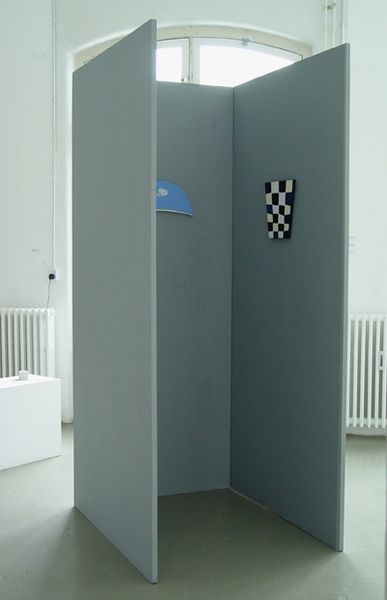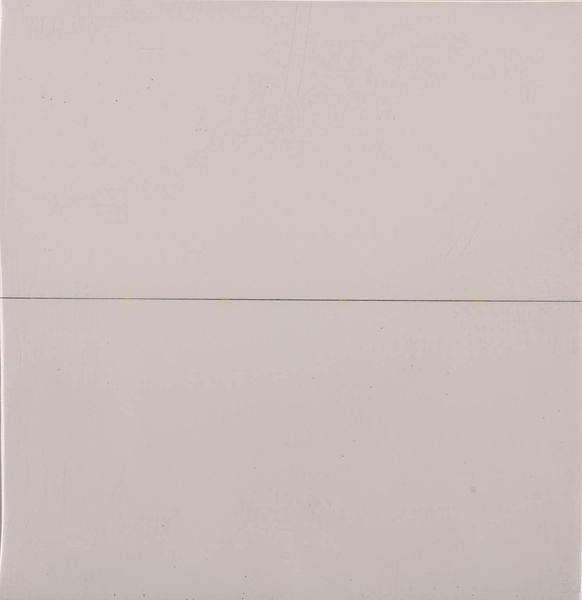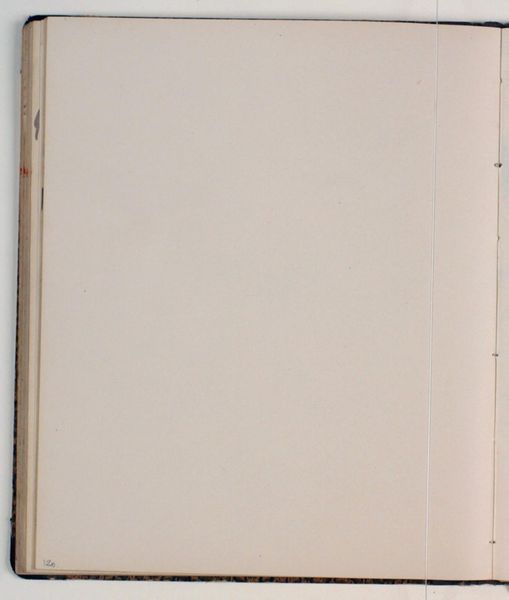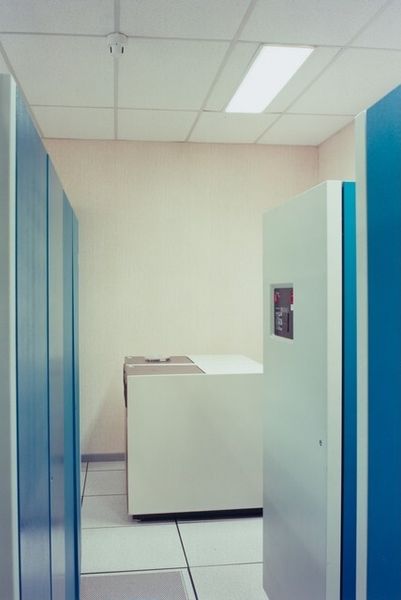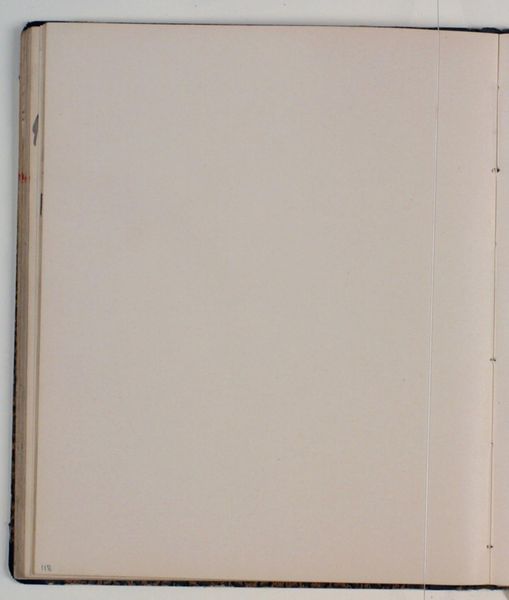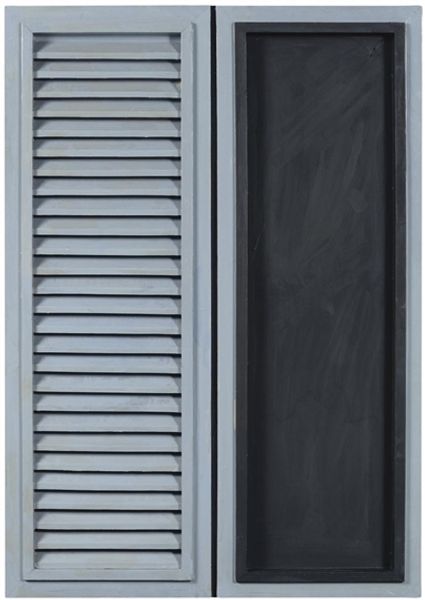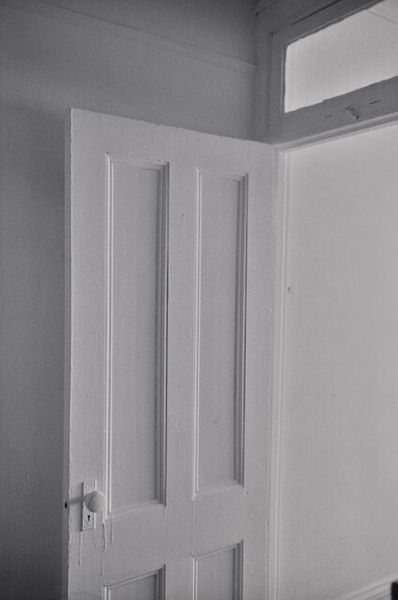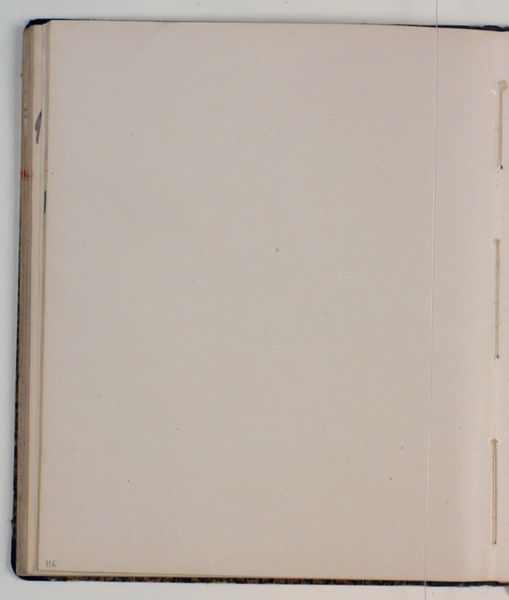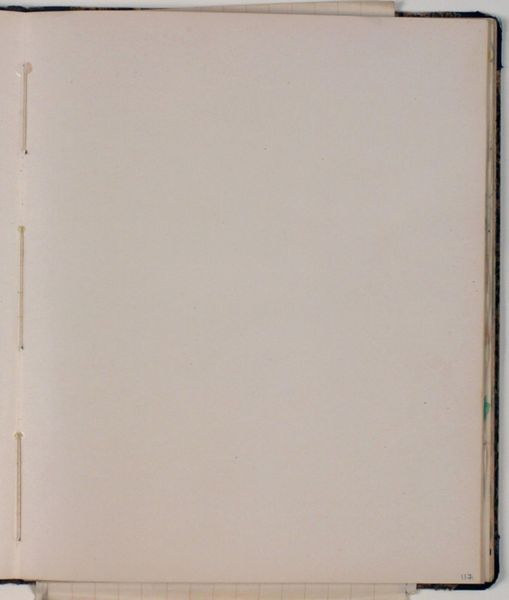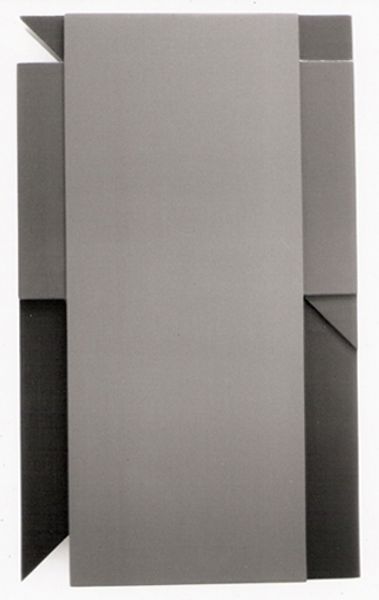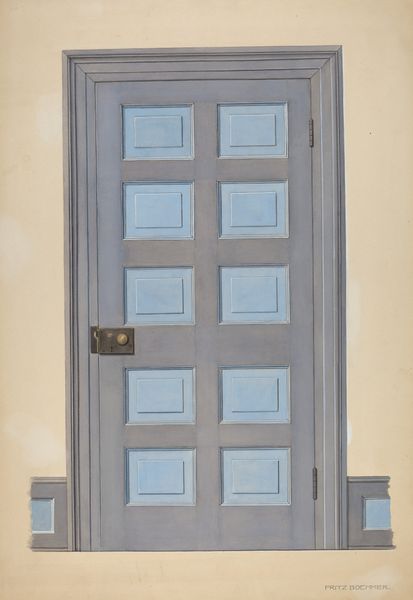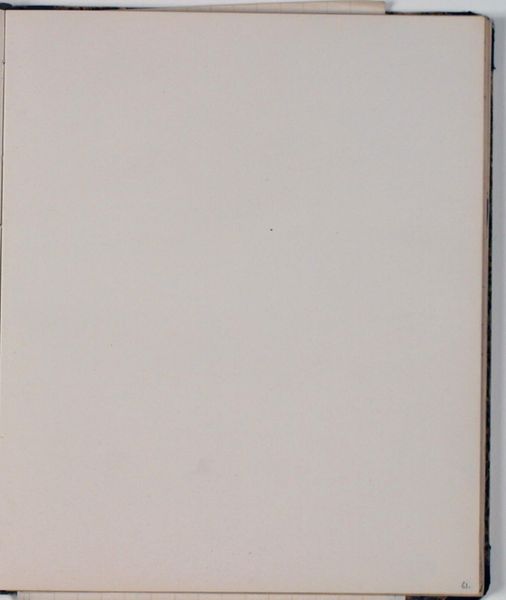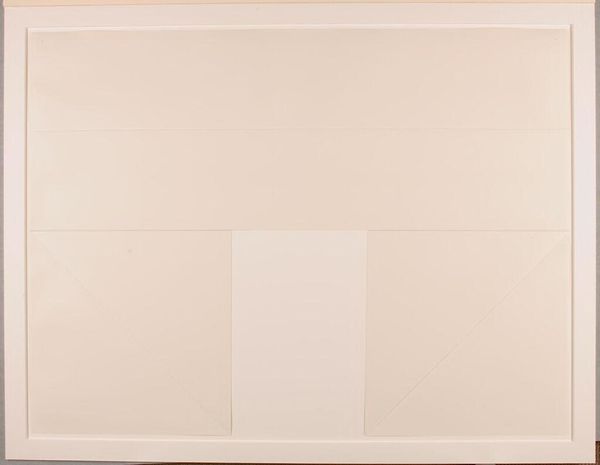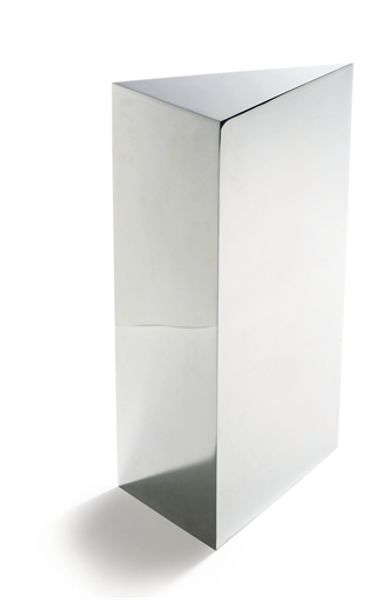
Centre Européen pour la Recherche Nucléaire, Geneva, Switzerland Possibly 1989 - 2006
0:00
0:00
photography
#
conceptual-art
#
photography
#
geometric
#
cityscape
#
modernism
Dimensions: image: 26.4 × 17.6 cm (10 3/8 × 6 15/16 in.) sheet: 35.5 × 28.1 cm (14 × 11 1/16 in.)
Copyright: National Gallery of Art: CC0 1.0
Editor: Here we have a photograph, "Centre Européen pour la Recherche Nucléaire, Geneva, Switzerland" by Lewis Baltz, possibly created between 1989 and 2006. It depicts a sterile, geometric scene with what looks like computer servers. There's something cold and impersonal about it that I find striking. What do you see in this piece? Curator: I see a commentary on the structures of power and knowledge in the late 20th century. Baltz often focused on industrial landscapes, critiquing the societal implications of technology and globalization. How do you feel the choice of subject and Baltz’s clean aesthetic contribute to that sense of coldness you described? Editor: I guess it's because it feels so removed from human interaction. The cool colors and stark geometry amplify that, suggesting a loss of individuality in the face of these massive technological systems. Do you think Baltz was intentionally making a political statement about CERN? Curator: It's hard to say definitively, but Baltz consistently explored the relationship between technological advancement and social control. Works like this prompt us to consider the ethical dimensions of scientific progress, especially the power dynamics inherent in institutions like CERN and their effect on our everyday existence and understanding of the universe. Editor: So, you’re saying that the photograph asks us to consider not just what science does, but also *who* controls the science and for what purposes? Curator: Precisely. Consider, who benefits from the knowledge produced here? Who has access? Who is excluded? Baltz encourages us to interrogate those questions. Editor: That gives me a whole new perspective. I was just thinking about the composition, but you’ve opened my eyes to the larger social context. Curator: And you helped me consider my immediate emotional response. Engaging with art is a two-way street. Thank you for sharing your observations.
Comments
No comments
Be the first to comment and join the conversation on the ultimate creative platform.
